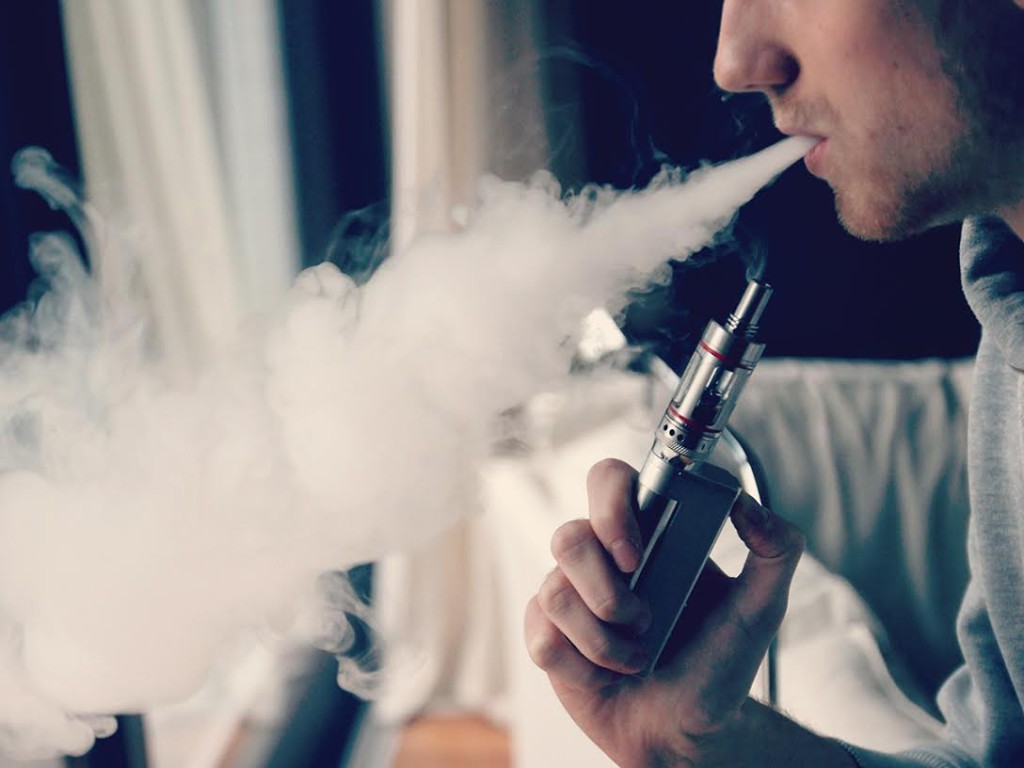
In a recent announcement, the federal government and the state of California decided to take significant measures against tobacco and tobacco-related product consumption among younger Americans. The U.S. Food and Drug Administration (FDA) implemented policies that would curtail the use of cigarettes by preventing those under the age of 18 from purchasing them, chief among other newly installed regulations to discourage tobacco use. On the other hand, California took a sterner approach by raising the legal age to purchase cigarettes and other tobacco-related products, which includes e-cigarettes and electronic vaporizers, to 21.
These regulations are the result of several studies that reaffirmed the negative health effects of tobacco products, which prompted many public officials to react by enacting harsher regulations. While these intentions are noble and I concede that cigarettes pose a notable public risk, I strongly believe that the government has already intervened enough on this issue.
There is already a widely circulated body of scientific and academic research on the health implications of cigarettes. The government has spent decades educating the public regarding the dangers of tobacco consumption. These measures included programming for younger children, television campaigns, hefty sin taxes on tobacco and implementing a minimum age of 18 to purchase tobacco. As a result, these initiatives have managed to reduce the number of cigarette users to record lows within the last decade despite its widespread acceptance. This is due to the cultural shift produced by the government’s social conditioning and higher barriers of access to cigarettes.
However, increasing the intensity of these barriers only causes more tobacco scarcity among younger citizens and encourages them to seek illicit means of obtaining them. If I were a high school student that regularly smoked, I’d still ask my older brother to purchase them for me and my friends. Furthermore, I highly doubt that local law enforcement officers are going to expend resources on enforcing rules for a product that is relatively benign.
In addition to the little impact these policies would have on tobacco use, They might exacerbate the presence of organized crime. Currently, many crime syndicates purchase cigarettes in states with low taxes and resell them in states with higher taxes. In addition, other groups will manufacture counterfeit cigarettes that can pose risks to an individual’s health due to the lower quality and lax production standards. These groups have frequently benefited from stringent policies to fuel their trade, since individuals tend to seek banned goods. Instead of waiting until 21 to purchase tobacco products, younger smokers will turn to these groups to supply their habits. This harms the government because organized crime syndicates receive the tariffs instead.
I think the government needs to re-evaluate the implications of their policies. As a person with friends who regularly smoke, many do so for personal reasons. In fact, many of my friends that actively smoke disregard the health warnings associated with smoking. The government’s interventionism will only inconvenience them from participating in an activity they will ultimately engage in.








